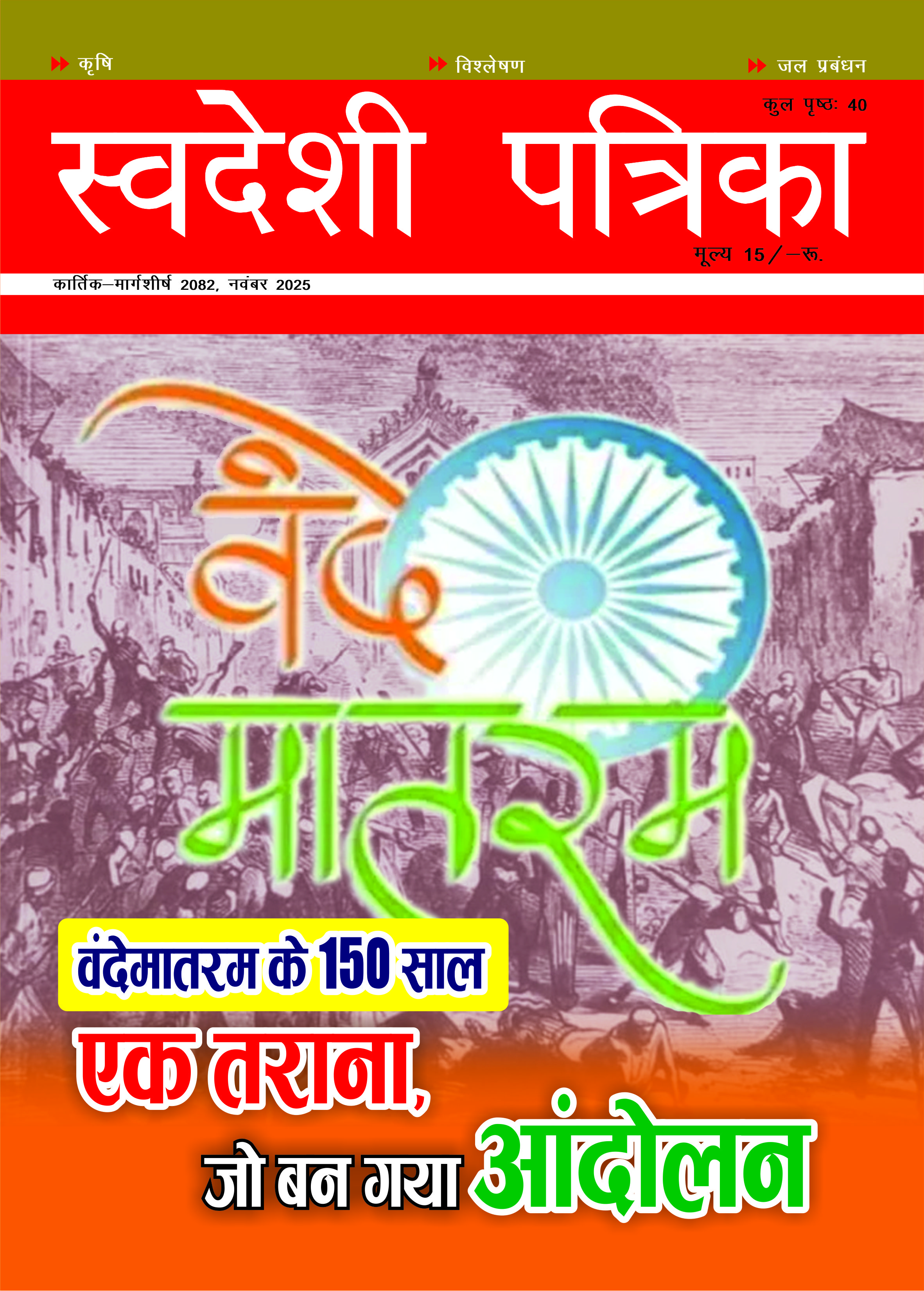
An Intellectual Loss
In 1956, after Soviet tanks rolled into Budapest and crushed the democracy movement in Hungary, Communist parties of Western Europe lost nearly one-third of their members. The exodus of those outraged by the Kremlin's intolerance was described as ''the revolt of the intellectuals.''
The invasion of Hungary cost Communism its moral halo. The Soviet Union dissipated the goodwill it had generated during its battle against fascism. To many of the extremely talented individuals who became party members, fellow travellers and even Soviet spies in the 1930s, Communism became the ''God that failed''. By the time the Berlin Wall was breached in 1989, the Comrades in Moscow discovered they could no longer inspire a defence of the cause. The Bolshevik Revolution died unmourned - except in Cuba and West Bengal.
It is intriguing that the wave of disillusionment bypassed Bengal. Barring hiccups between 1972 and 1977, the Communist movement in the state has expanded steadily since 1947. After 30 years of uninterrupted power, the CPM today exercises control over almost every walk of life in Bengal. Its organisational stranglehold is complemented by a staggering degree of intellectual hegemony over an otherwise garrulous and fractious people. Intellectual relevance in Bengal has become synonymous with 'progressive' thought. Public discourse has been moulded to fit into an ideological structure. Heretics have bought one-way tickets out of Kolkata.
The framework of Left intellectualism was built around three principles: grievance, guilt and envy. Beginning from violent movements against rapacious capitalists and landlords and culminating in solidarity with all acts of anti-Americanism, the Left became the epitome of the permanently aggrieved. This was supplemented by a mindset that made suffering and morbidity a romantic fetish - particularly in arty Bengali films.
In the 'progressive' world view of Bengal, market economics and globalisation were vulgar because they were invariably accompanied by the symbols of a decadent cosmopolitanism. The capitalist virus having engulfed India, Left fundamentalists felt that Bengal must remain an island of enlightened backwardness.
The revolt of the intellectuals against the CPM for its conduct in Singur and Nandigram was not prompted by either an abhorrence of violence or respect for human rights. On both counts the record of Kolkata's intellectuals is shoddy - witness its glorification of Naxalites and silence over umpteen examples of CPM hooliganism. They were agitated because they instinctively sympathised with all opposition to Buddhadeb Bhattacharjee's reformism. In their eyes it was the chief minister who stood indicted for betraying the right of Bengal to live in a time warp.
The banner for last Wednesday's impressive rally in Kolkata extended the 'revolutionary greetings' of intellectuals to Singur and Nandigram. Medha Patkar, a deity of the Flat Earth fraternity, was a star attraction; and an email of support from Noam Chomsky was read out. Berating those fellow-traveller intellectuals who have remained loyal to the CPM, poet Shankha Ghosh sneered: ''Time will decide who are the real Leftists.''
The intellectuals, who tore up their Communist Party cards in 1956, believed they had upheld the humanistic ethos of Marxism. Some, like the historian EP Thompson, never wavered from this commitment. Others travelled down the more abstruse by-lanes of radicalism and lost their way. A significant minority, however, went completely over to the 'other' side and became part of the neo-conservative nucleus. Their examples helped in the decimation of Marxism as a force in the erstwhile Soviet bloc after 1989.
The CPM should beware. The alienation of its committed intellectuals may yet trigger Bengal's decisive break from decades of mental darkness.


